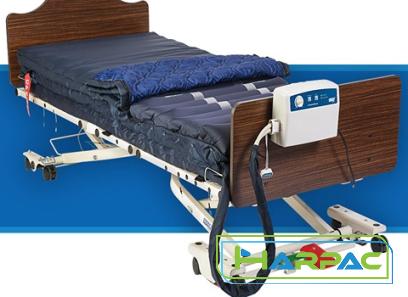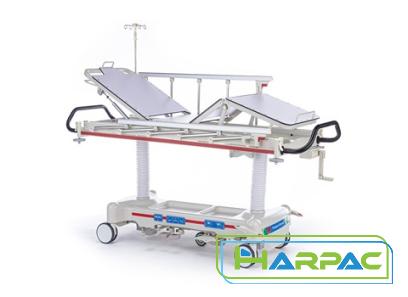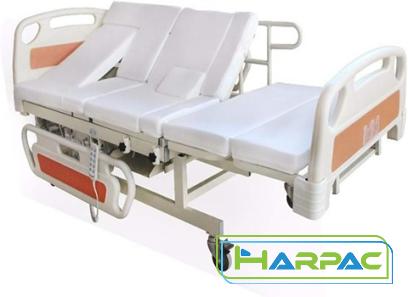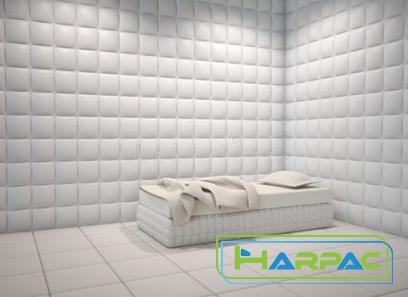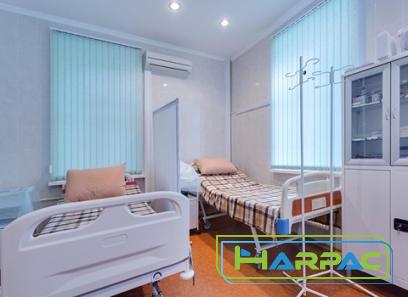In the healthcare sector, providing optimal patient comfort and care is of utmost importance. One crucial element in achieving this goal is the choice of an appropriate hospital bed mattress. Among various options available, foam mattresses have gained considerable popularity due to their unique benefits. This article explores the features and advantages of foam hospital bed mattresses in enhancing patient comfort and care.
1. Foam Mattress Construction:
Foam mattresses are made from high-density polyurethane foam, which offers exceptional support and pressure relief. The foam’s structure allows it to conform to the patient’s body, providing targeted support to different pressure points. These mattresses are available in various thicknesses to suit individual patient needs.
2. Pressure Redistribution:
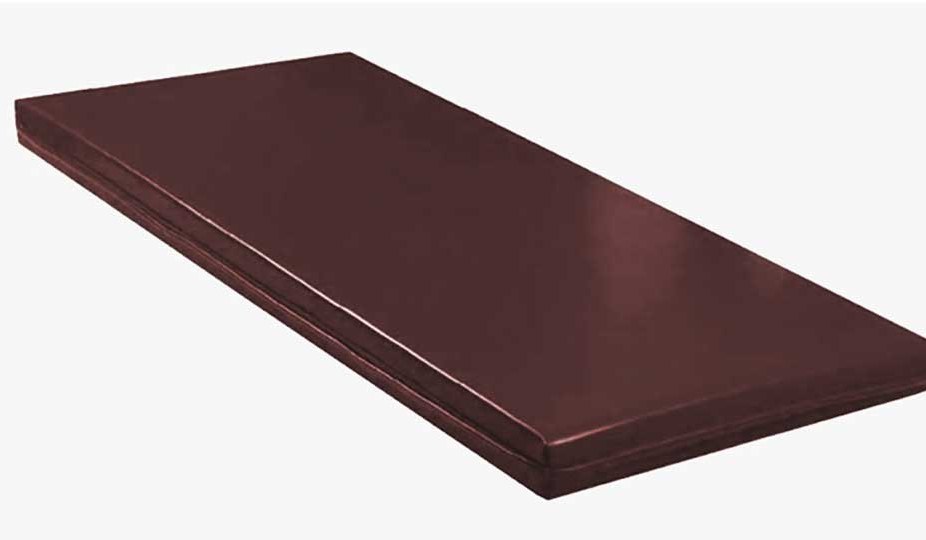
One of the main advantages of foam hospital bed mattresses is their ability to redistribute pressure. By evenly distributing body weight, foam mattresses help prevent pressure ulcers, also known as bedsores. The foam’s ability to conform to the patient’s body helps reduce pressure on sensitive areas, ensuring optimal blood circulation.
3. Improved Comfort:
Foam hospital bed mattresses provide superior comfort compared to traditional mattresses. The foam’s contouring properties allow it to adapt to the patient’s body, reducing discomfort and pain. This feature is particularly beneficial for patients with chronic pain conditions or individuals who spend extended periods in bed.
4. Motion Isolation:
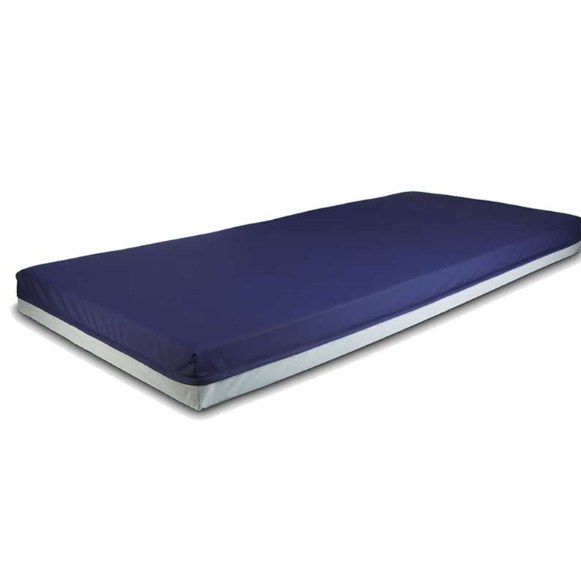
In a hospital setting, minimizing disturbance to other patients is crucial. Foam mattresses excel in motion isolation, minimizing the transfer of movement from one side of the bed to the other. This feature ensures a peaceful sleeping environment for patients, facilitating their overall recovery process.
5. Durability and Longevity:
Foam mattresses are known for their durability, making them a cost-effective choice for healthcare facilities. High-density foam mattresses resist wear and tear, maintaining their shape and support even with prolonged use. Investing in foam mattresses reduces the need for frequent replacements, saving healthcare providers both time and money.
6. Easy Maintenance:

Maintaining a clean and sanitary environment is crucial in hospitals. Foam hospital bed mattresses are relatively easy to clean and maintain. Most foam mattresses come with an antimicrobial cover, which prevents the growth of bacteria and minimizes the risk of infections. Additionally, foam mattresses are lightweight, making them easier to handle during cleaning and changing sheets.
7. Noise Reduction:
Foam mattresses are designed to reduce noise, providing a peaceful and calm environment for patients. The absence of metallic components, such as springs, significantly reduces squeaking and creaking sounds. This feature is especially important in sensitive areas like intensive care units or post-operative recovery rooms.
Foam hospital bed mattresses offer a multitude of benefits in terms of patient comfort and care. From pressure redistribution to improved support and motion isolation, these mattresses are well-suited for the healthcare sector. Their durability, ease of maintenance, and noise-reduction properties make them a practical choice for hospitals and other medical facilities. By investing in foam mattresses, healthcare providers can enhance patient comfort, aid in recovery, and provide a more conducive environment for healing.

